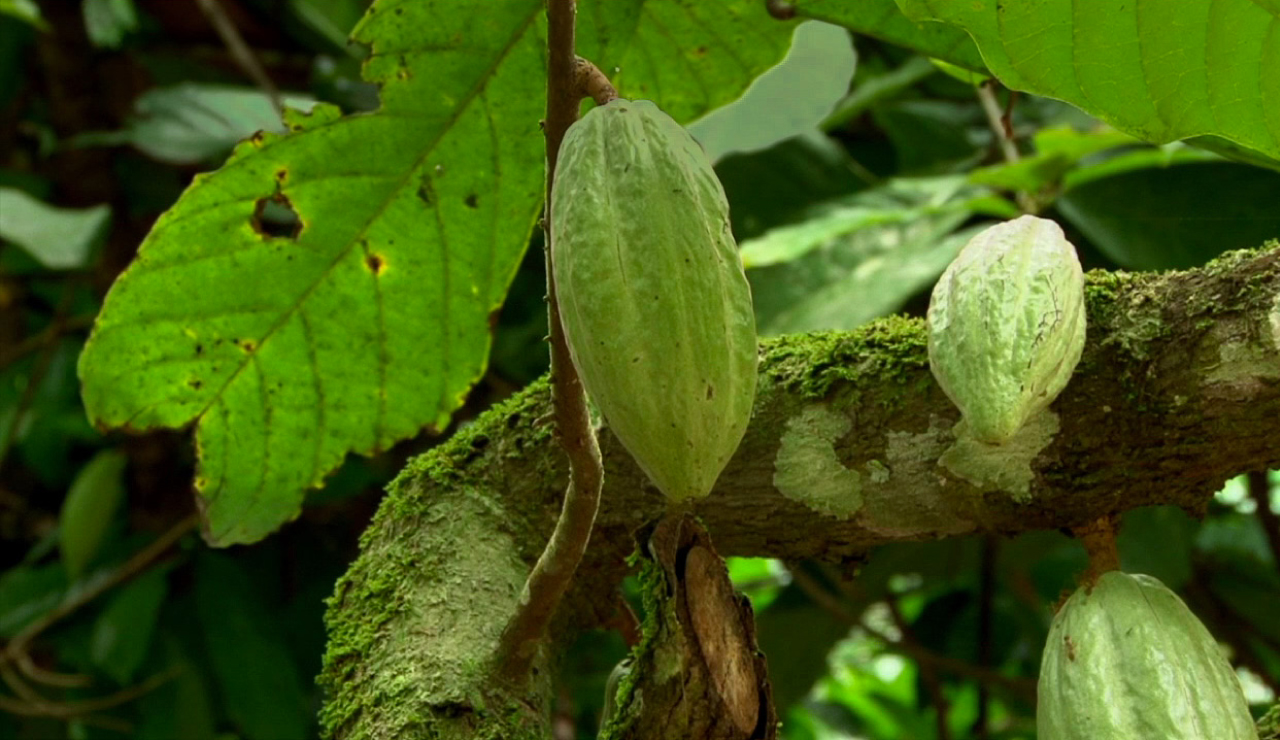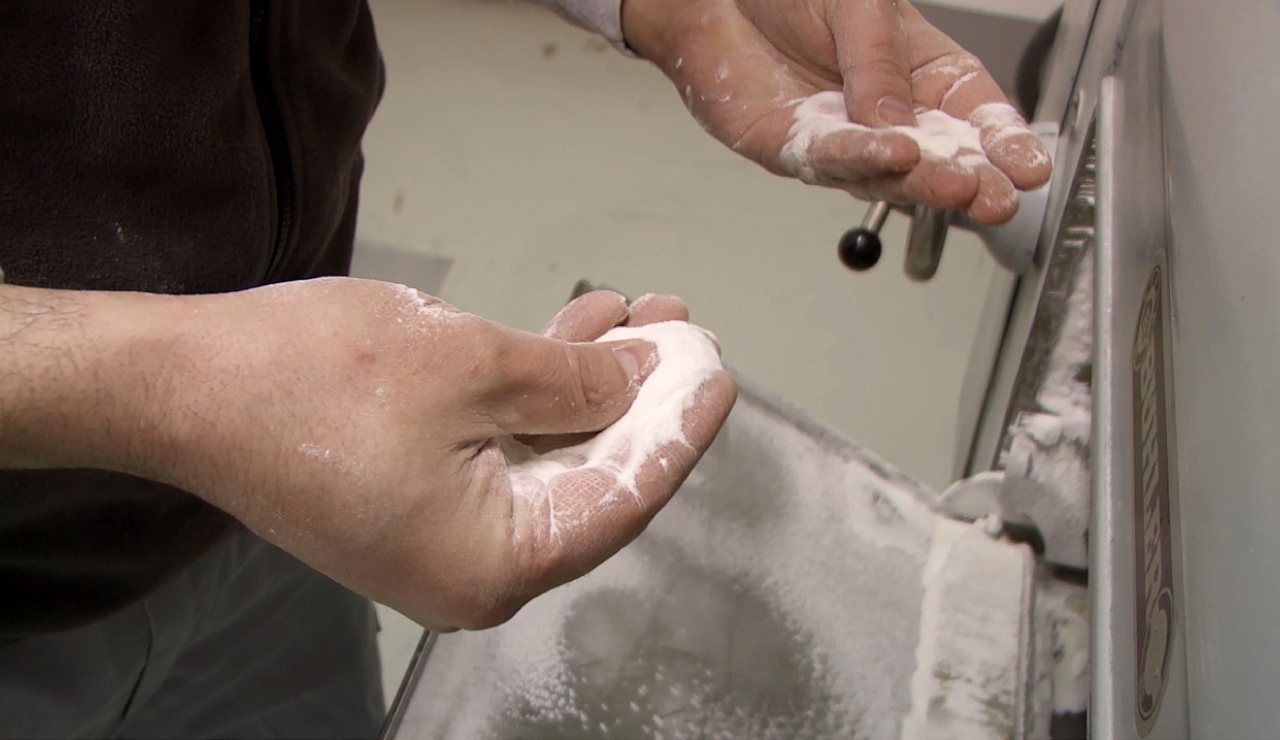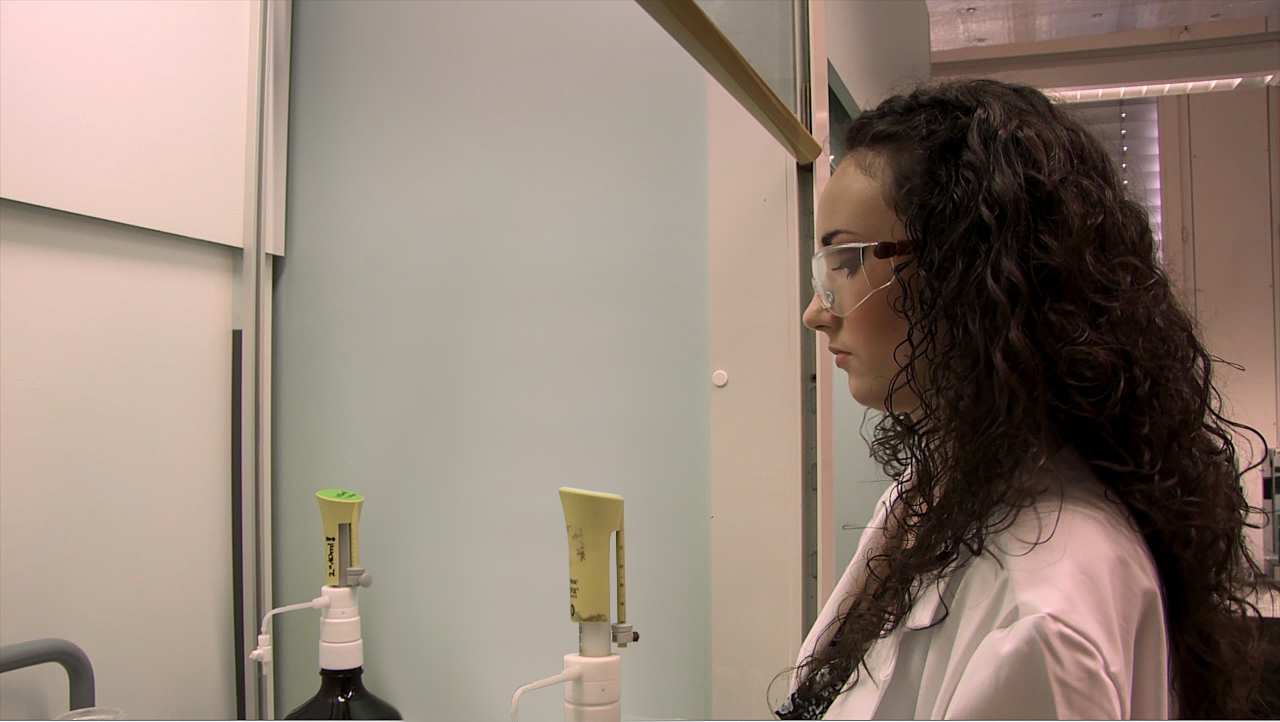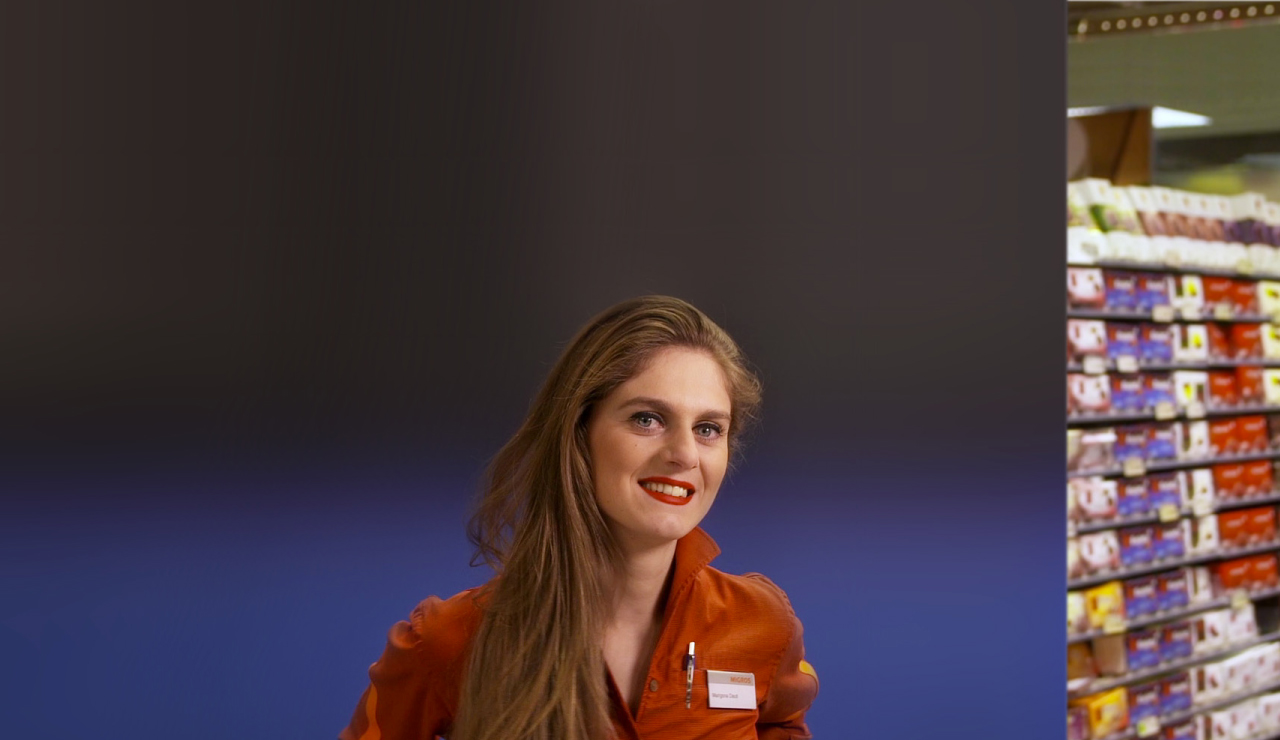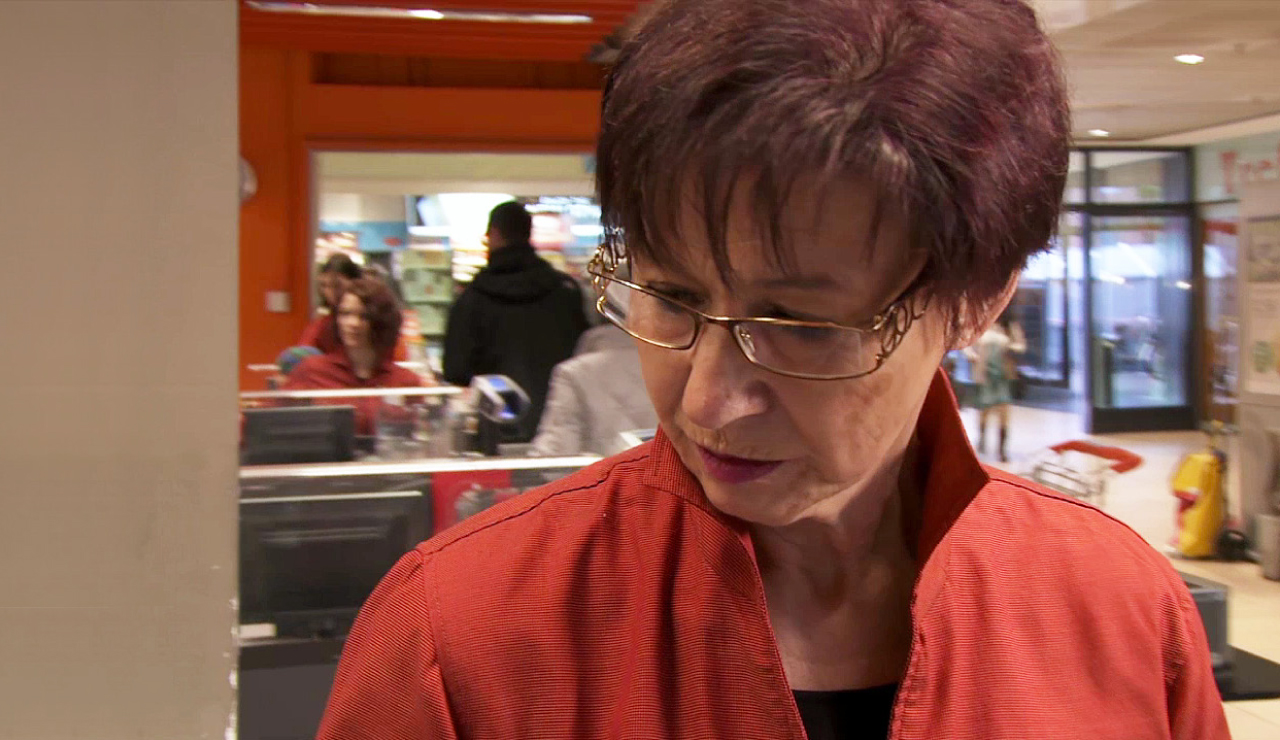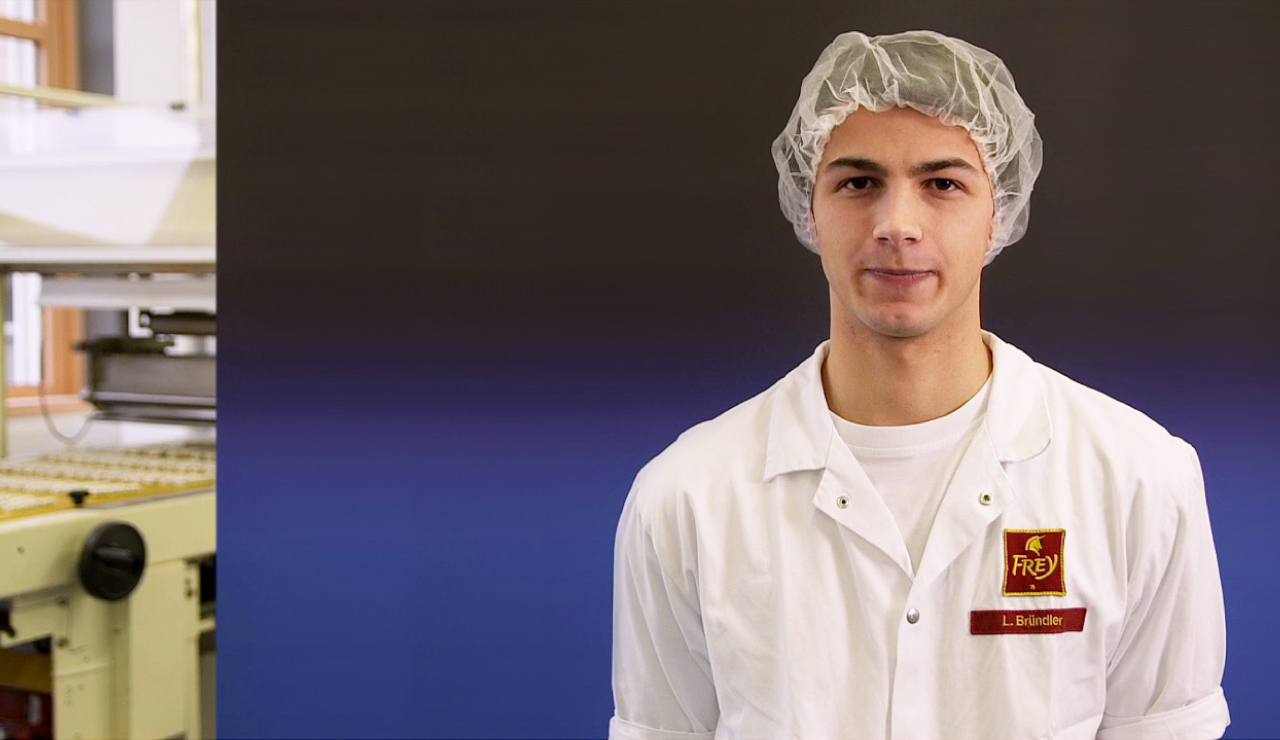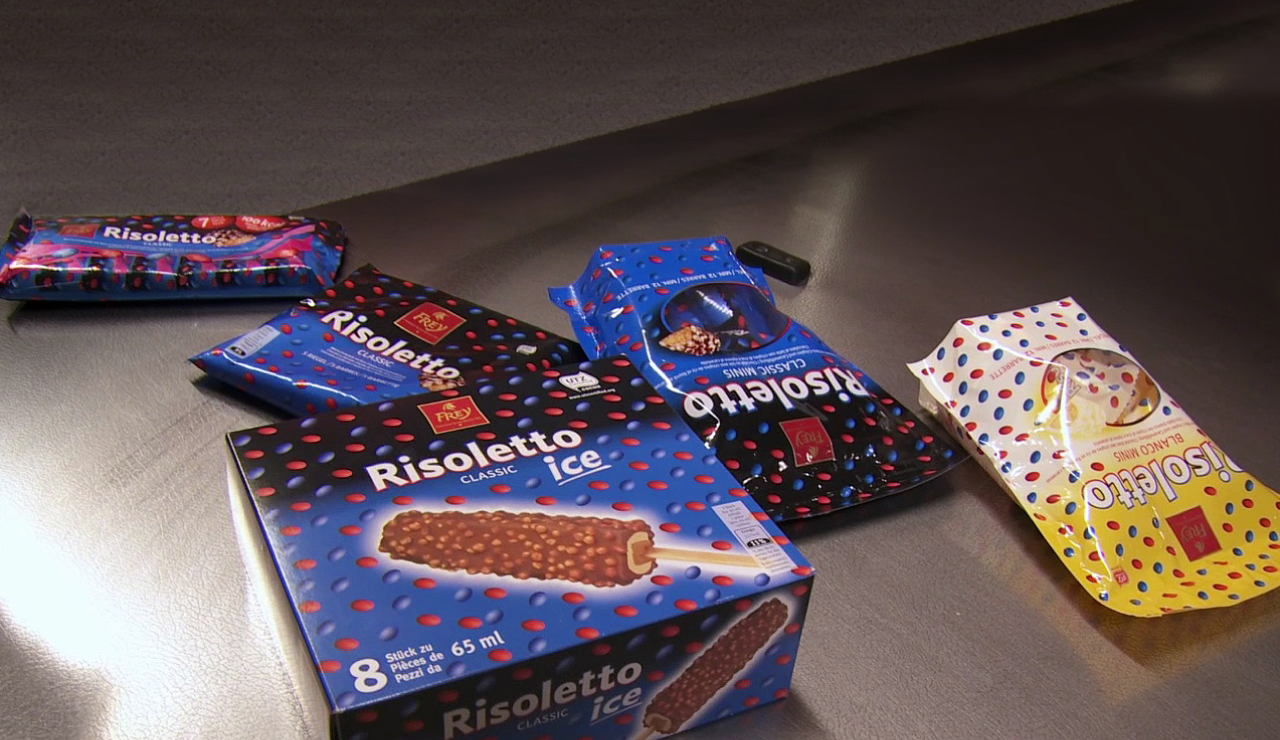Responsible actions are the top priority
Migros takes responsibility along the entire value-added chain and endeavours to find optimal economic, social and ecological solutions in all its activities. Migros Industry introduced a sustainability strategy in 2013.
Responsible actions have always been an element of the Migros culture. The founder Gottlieb Duttweiler converted Migros into a cooperative in 1941 and gave it to the Swiss public. As a cooperative, Migros is not obliged to serve the interests of investors. Instead, it is dedicated to socially sustainable growth for the benefit of all. Migros celebrated 125 years of Gottlieb Duttweiler in 2013.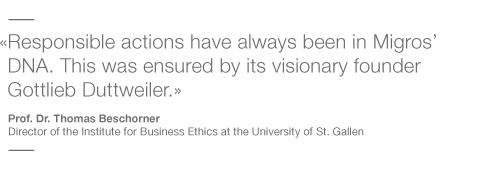
The principle of sustainability is part of the Migros culture and constitutes the foundation of the company mission (in German) and group strategy. Migros has focused its approach to sustainability on five spheres of activity. As a member of the Global Compact, Migros has also been committed to working towards international principles of human rights, labour law and environmental protection as well as fighting corruption, and supporting these within its area of influence since 2006.
Sustainability in practice
The top responsibility for sustainable growth is borne by the Board of Directors of the Federation of Migros Cooperatives. Specialist departments and line managers in all companies of the group oversee the implementation of social and ecological concerns. The Issue Management & Sustainability department is the central platform for the sustainability policy of the entire Migros Group and reports directly to the FMC's Chief Executive Officer. Migros has a management system in place to control and monitor its sustainability performance. On the basis of key performance indicators (KPIs), not only business, but social and environment-related company achievements, such as the level of fulfilment of the BSCI Code of Conduct and CO2 emissions, can be controlled.
With its Generation M sustainability programme (website in German), Migros has been pursuing specific sustainability objectives in the five spheres of activity consumption, environment, employees, society and health since 2012. Twice a year, Migros checks whether it is meeting these objectives and communicates the results on its website. The current progress report can be found here. In 2013 numerous Migros companies invested in raising awareness among employees. This has included energy saving days in the branches, operation centres and distribution centres, as well as sustainable fish days in several staff restaurants. At the World Retail Congress, Generation M was named the world's best sustainability initiative of 2013. Migros also won the award in 2009.
Sustainability at Migros
A range of basic social and ecological requirements have applied for all Migros Group companies since 2011. In addition to the ten regional cooperatives and the FMC, which are responsible for the core business, the same directives are being implemented gradually in all retail and industry companies. The progress report shows the current status of the implementation with selected examples. The directives contain, for instance, the BSCI Code of Conduct, covering aspects on food safety and on animal welfare, as well as on the protection of global fisheries and rainforests. In addition, all companies of the Migros Group are being gradually incorporated into the energy and environmental management. The Migros Industry companies introduced a sustainability strategy in 2013. It makes an important contribution towards the sustainable orientation of Migros' value-added chain, as well as boosting the competitiveness of M-Industry and ensuring that it remains an attractive employer.
Responsible consumption
Migros takes its responsibility at the point of contact between supply and demand seriously and offers a wide range of environmentally and socially acceptable products and services. With its high standards, Migros is committed to ensuring that all goods on its shelves are produced with respect for people, animals and the environment. It also promotes a healthy lifestyle, such as with its sports and exercise programmes, as well as with products and Migros Club School courses.
Exemplary corporate environmental protection
Migros operates a comprehensive energy and environmental management system. This incorporates all stores, logistics centres and Migros industrial enterprises, the retailers Globus, Interio, Denner and Migrol as well as Migros Bank and the tour operator Hotelplan with the most important key performance indicators. As part of their implementation strategy, all M-Industry companies maintain an environmental management system according to ISO 14001. The Cooperatives Migros Lucerne and Migros Valais, as well as the industrial enterprises Chocolat Frey AG, Aproz SA and Scana AG, are already ISO 14001 certified.
The 2020 climate and energy strategy has been in place for Cooperative Retailing since 2012. The targets are: reduce greenhouse gases by 20% and power consumption by 10% before 2020 (in relation to 2010). In 2013 Migros' 18 industrial enterprises, as well as the retailers Globus, Interio and Denner, defined their climate and energy strategy and set their individual targets.
Society
With its various institutions and projects, Migros aims to «give something back» to society. For instance, it gives around CHF 120 million annually to Migros Culture Percentage, supports development projects through the Aid Fund and takes part in a wide range of sponsorship activities. Migros thereby makes an important contribution to society. It will invest a total of one billion Swiss francs in culture, education, leisure and social projects before 2020. With the «Engagement – a development fund of the Migros Group», Migros extended its social responsibility across the entire Migros Group. In 2013 its first full year, the development fund supported projects in the areas of culture and sustainability.
Employees
Migros is Switzerland's biggest employer. It leads by example and makes a commitment to fostering a stimulating and performance-oriented working environment. Migros employs more than 94'276 people from 152 countries.
In the Generation M sustainability programme, Migros makes a commitment to creating sustainable working conditions. For instance, all regional cooperatives will be awarded the Friendly Work Space label by 2015. Between 2012 and 2014, Migros offered apprenticeships to 3300 young people. By 2015, it will offer more than 2200 graduate apprentices a job with good prospects.
In the reporting year, the focus was on achieving the challenging objectives: by the end of 2013, six cooperatives already held the Friendly Work Space label, and 1384 jobs within the Migros Group were filled with new apprentices. 64% of apprentices were given a role after graduating.


